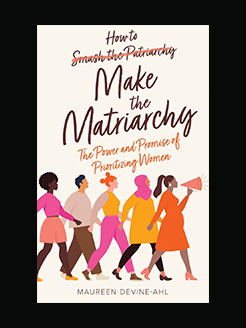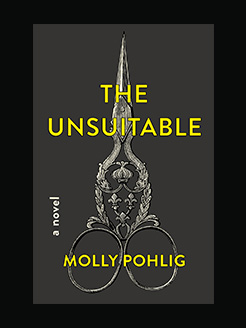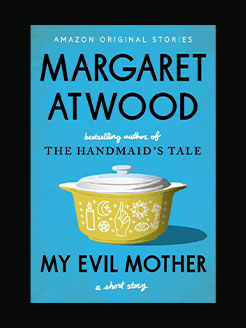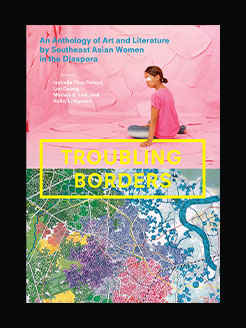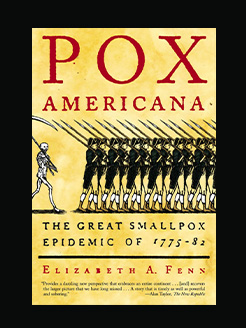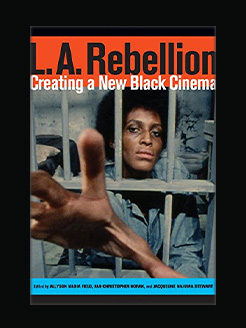Published in 2012
256 pages
Dr. Carmen Bugan whose life story is now featured on BBC with a film, radio program and an on-line piece is the author of the book of poems Crossing the Carpathians, the award winning memoir Burying the Typewriter, and a monograph, Seamus Heaney and East European Poetry in Translation: Poetics of Exile. Her second collection of poems, The House of Straw came out early this year. Her work has been published in Harvard Review, Times Literary Supplement, PN Review, and Modern Poetry in Translation and she has appeared on radio programs on the BBC World Service and BBC Radio 4. Her poems have been translated into Italian and her memoir into Swedish and Polish. Reviews of her work appear in the Sunday Times, Guardian, Observer, Independent, Financial Times, The Literary Review, The Times Literary Supplement, Scotland on Sunday, Boston Globe, NY Post, Daily Telegraph, Los Angeles Review of Books, and many other places. Bugan was a Hawthornden Fellow, a Creative Arts Fellow in Literature at Wolfson College, Oxford University, a recipient of an Arts Council of England Individual Grant, and has taught Creative Writing at the Poetry School in London and Oxford University, and literature at Oxford and University of Fribourg, Switzerland. She has a doctorate in English literature from Balliol College, Oxford.
What is this book about?
Winner of the Bakeless Prize for Nonfiction, a childhood memoir of political oppression and persecution during Romania’s Ceausescu years
Carmen Bugan grew up amid the bounty of the Romanian countryside on her grandparent’s farm where food and laughter were plentiful. But eventually her father’s behavior was too disturbing to ignore. He wept when listening to Radio Free Europe, hid pamphlets in sacks of dried beans, and mysteriously buried and reburied a typewriter. When she discovered he was a political dissident she became anxious for him to conform. However, with her mother in the hospital and her sister at boarding school, she was alone, and helpless to stop him from driving off on one last, desperate protest.
After her father’s subsequent imprisonment, Bugan was shunned by her peers at school and informed on by her neighbors. She candidly struggled with the tensions of loving her “hero” father who caused the family so much pain. When he returned from prison and the family was put under house arrest, the Bugans were forced to chart a new course for the future. A warm and intelligent debut, Burying the Typewriter provides a poignant reminder of a dramatic moment in Eastern European history.
